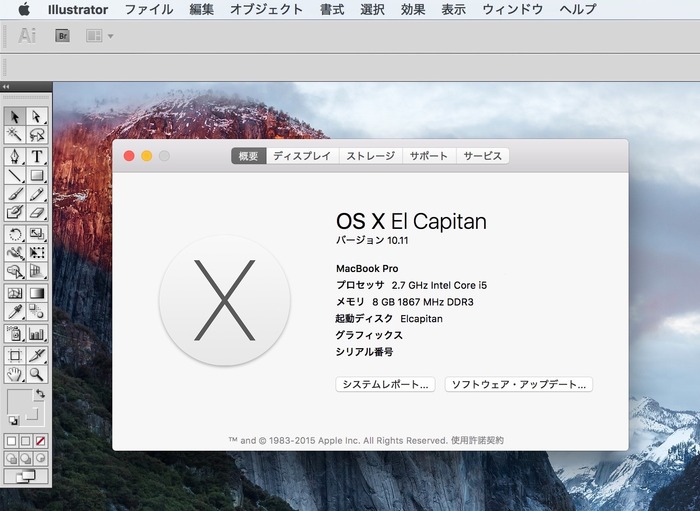
Java For Mac 10.11
Since OS X 10.7 Java is not (pre-)installed anymore, let’s fix that. As I’m writing this, Java 11.0.4 is the latest version and AdoptOpenJDK is one of the best places to find Prebuilt OpenJDK Binaries. Easy to follow details about how to install OpenJDK are available here.
Jun 13, 2015 Oracle won't be building it, Apple will. Java 6 is maintained by Apple for OS X. The Oracle versions started when Apple stopped maintaining it. Apple probably has to recompile it for 10.11, and do some testing. For the first developer preview, it probably wasn't a huge concern to make sure it was done beforehand. Solving the Java's issue on El Capitan (macOS 10.11). If you have this issue when open a Java-based app at new Apple Mac OS X 10.11 - El Capitan.
However, the easiest way is to select OpenJDK 11 (LTS), the HotSpot JVM, and macOS x64, which will expose two option like these:
Clicking on “Install JDK installer”, will download the OpenJDK installer package, e.g. OpenJDK11U-jdk_x64_mac_hotspot_11.0.4_11.pkg, which when executed, will install into this location: /Library/Java/JavaVirtualMachines/adoptopenjdk-11.jdk
Almost done. After opening a terminal, the successful installation of the JDK can be confirmed like so:
… hopefully showing something like this:
JAVA_HOME is an important environment variable and it’s important to get it right. Here is a trick that allows me to keep the environment variable current, even after a Java Update was installed. In ~/.zshrc, I set the variable like so: Rigging formulas free.
In previous macOS versions, this was done in ~/.bash_profile. Now it’s done.
Source Code
The source code of the Java Platform, Standard Edition 11 Reference Implementations binaries is available under the GPLv2 in a single zip file.
API Specification
The API Specification of the Java Platform, Standard Edition and Java Development Kit
can be found here: https://docs.oracle.com/en/java/javase/11/docs/api/
.
Java is a general-purpose, secure, robust, object-oriented language developed by Sun Microsystems in 1990. Java is portable which means it follows to write once run anywhere paradigm. The latest version is Java 13 which was released on March 2019. This tutorial helps you to install Java 13 latest or Java 11 LTS on macOS Sierra or High Sierra.
Step 1 – Prerequisites
Before starting the installation of Java using this tutorial you must have the following prerequisites
- Terminal: You must have Mac Terminal access and little knowledge about working with the terminal application. Ao login to your Mac system and open terminal
- Homebrew: This tutorial relies on Homebrew, So you must have homebrew installed. Homebrew can be installed with a single command.
For more instruction visit Homebrew installation tutorial.
Step 2 – Install Homebrew Cask
On Mac systems, Homebrew is the package manager, and Homebrew Cask is the app manager built on top of Homebrew. You Execute command to update brew cache and tap the caskroom/cask.
Step 3 – Install JAVA with Homebrew Cask
At the time of writing this tutorial the available version, Java 11 LTS and Java 13 latest for the installation. Use the following commands to view the details about java versions to be install.
Now, install the Java version of your choice using one of the below commands. You can also install both versions if required.
I have installed Java 11 on my MacOS system. The download process may take some time to complete depending on your network speed. Once the installation finished, verify the installed Java version.
All done. Your Mac system has installed Java on it.